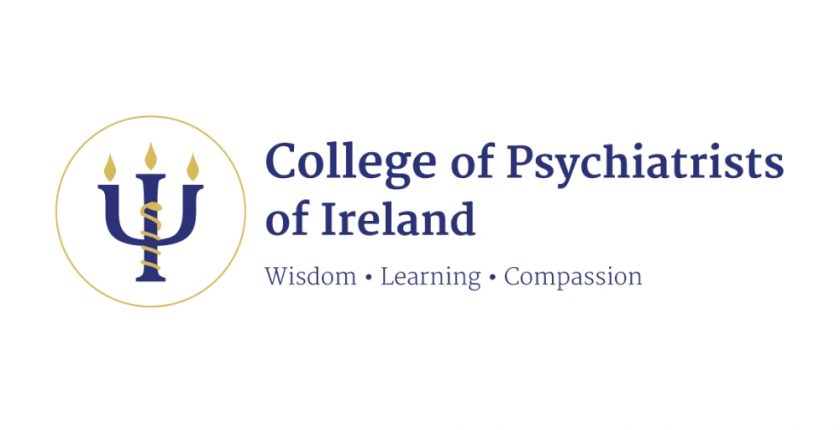Blog
Statement from the Faculty of Intellectual Disability regarding Children with an Intellectual Disability and their Families/Carers during the Covid-19 Pandemic
- April 29, 2020
- Posted by: Ian Rice
- Category: Blog Press Statements

The Faculty of Intellectual Disability Psychiatrists welcomes the recent announcement of increased HSE funding and supports to the disability services during the Covid-19 pandemic.
Over ten thousand children (0-19 years) are registered as having an intellectual disability in Ireland (NIDD 2017), the majority of children registered on this database function within the moderate-severe-profound range of intellectual disability.
Children with an intellectual disability are up to four times more likely to have a mental health diagnosis in comparison to children of typical development*. In addition an increased number of these children suffer from comorbid complex underlying neurodevelopmental disorders, medical and psychiatric conditions including Autism, Attention Deficit Hyperactivity Disorder, rare genetic syndromes, depressive disorders, epilepsy, asthma and diabetes mellitus. This population are at greater risk of Covid-19 infection due to their higher prevalence of comorbid health problems and reduced abilities.
The majority of children with an intellectual disability in Ireland live at home, with most of the very intense complex care and support provided by their parents. Many of these children have some access to respite (one or two nights per month), which provides a much needed break for parents/carers and helps to some extent to mitigate carer fatigue/burnout. For most families respite has being cancelled due to the Covid-19 pandemic putting increased pressure on parents/carers at this stressful time. In addition with school closures, parents/carers are providing full time care to their children with limited or no supports.
Many of these children in particular those with a comorbid diagnosis of Autism are struggling to adapt to a new routine, which is impacting on their emotional and mental wellbeing, causing increased anxiety and agitation and in some cases challenging behaviour and insomnia.
Children with an intellectual disability are often more physically active than their peers of typical development, and don’t comprehend physical distancing, social boundaries, hand hygiene, self -isolation and the recent unexpected changes to their routine.
These children frequently present to hospital accident and emergency departments or mental health services in a crisis.
In a hospital or emergency department environment these children’s degree of distress, agitation and dysregulation can lead to an increased risk of infection to themselves, their parents and frontline healthcare staff providing essential medical intervention.
Article 24 of the UN Convention on the Rights of the Child (ratified by Ireland in 1992), states that the ‘state shall recognise the rights of the child to the enjoyment of the highest attainable standard of health and the facilities for the treatment and rehabilitation of health, and the state shall strive to ensure that no child is deprived of his/right of access to such healthcare services’.
The College of Psychiatrists of Ireland is advocating strongly for our most vulnerable patients at this critical time, and also for their parents and carers who are at increased risk of fatigue and burnout without essential supports. In addition we are advocating for the health and social care staff providing essential services to children with an intellectual disability during the Covid-19 pandemic.
Parents/carers of children with an intellectual disability are showing huge courage and commitment to their children at this challenging time. They require strong HSE/Public health support and guidance to support them through the pandemic. They need to be prioritised for rapid testing and results when required. In addition, staff in hospital/disability settings need adequate PPE, dedicated low stimulus settings to assess and treat these children, infection control expertise and additional staffing.
We call on the Department of Health, Department of Public Health and the HSE to give their immediate urgent and focused attention to protecting the lives of this vulnerable group of children and their parents and carers.
*Emerson & Hatten 2007; EM, 2000; Tonge B and Einfeld S, 2000; Rutter M, Tizard J, and Yule W et al 1976
